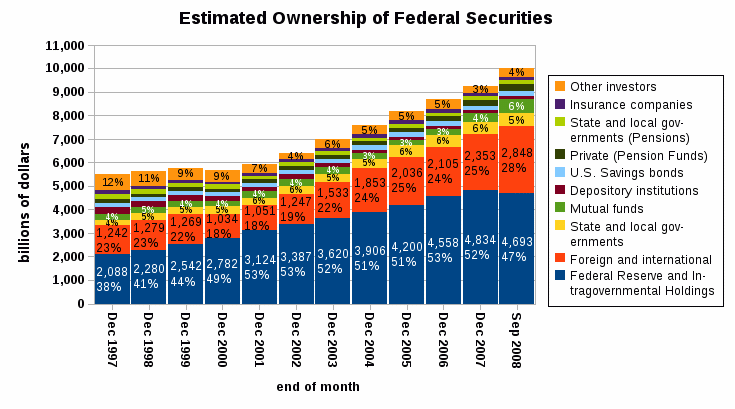During Spring Break, 2018, Meera and other Techers went to Texas for a week to help rebuild homes in areas hardest hit by Hurrican Harvey. Here's a link to an article about that (and a pic of M!)
Wednesday, January 16, 2019
Meera's Caltech Y Alternative Spring Break
During Spring Break, 2018, Meera and other Techers went to Texas for a week to help rebuild homes in areas hardest hit by Hurrican Harvey. Here's a link to an article about that (and a pic of M!)
Saturday, May 3, 2014
Social Mesh
Here's a new one. Don't like the picture, though.
The older ones are
http://www.viodi.tv/2013/12/27/an-indestructible-wireless-broadband-network-for-all-part-1/
and
http://www.viodi.tv/2013/12/27/an-indestructible-wireless-broadband-network-for-all-part-2/
The older ones are
http://www.viodi.tv/2013/12/27/an-indestructible-wireless-broadband-network-for-all-part-1/
and
http://www.viodi.tv/2013/12/27/an-indestructible-wireless-broadband-network-for-all-part-2/
Wednesday, September 26, 2012
Understanding US Debt
Since there is a lot of misleading information about US debt being thrown about, and very few fact-based articles I thought that it might be useful to collect the data. Both about levels and ownership of US debt, and about US holdings of foreign securities.
The US debt currently stands at about $16 trillion. The public holds $11.27 trillion, or 72% of this debt, and foreign governments own the remaining $5.7 trillion (28%.)

Of this, China and Japan each hold about $1.1 trillion: the full list of foreign holders (as of July 2012) of US debt can be seen here. Some interesting take-aways
The US debt currently stands at about $16 trillion. The public holds $11.27 trillion, or 72% of this debt, and foreign governments own the remaining $5.7 trillion (28%.)

Of this, China and Japan each hold about $1.1 trillion: the full list of foreign holders (as of July 2012) of US debt can be seen here. Some interesting take-aways
- China's holdings have been decreasing -- from $1.3 trillion in July 2011 to $1.1 trillion a year later
- this represents about 7 % of US debt, but represents about 15% of China's GDP (estimated to be $7.3 trillion in 2011.)
As an interesting aside, household debt is almost exactly the same (in 2011) as the amount of US debt that the public owns (the figure below is from the NY Fed's Quarterly Report on Household Debt.)
How much does the US own of other countries' debt? The latest release by the treasury department shows that, as of December 2011, the US owns about $6.8 trillion of foreign debt ($2.3 trillion) & equity ($4.5 trillion). If you're interested, here's the complete report for 2010.
So does the US government actually own more foreign securities ($6.8 trillion) than other governments own its debt ($5.7 trillion) ? In Krugman's article, he claimed that
"... every dollar’s worth of foreign claims on America is matched by 89 cents’ worth of U.S. claims on foreigners. And because foreigners tend to put their U.S. investments into safe, low-yield assets, America actually earns more from its assets abroad than it pays to foreign investors."
I cannot find support for the 89% number: here's the summary of the numbers (in Trillions of dollars)
So, if the respective amounts are $5.7 trillion owed and $6.8 trillion held, then the ratio is actually 119%. If the amount held is $2.3 trillion, then the ratio is 40%.
However, the statement that the US earns more from its assets abroad than it pays to foreign investors can be validated: if you combine the data provided by the St. Louis Fed's FRED (aka the most amazing economics website in the world) on Income Receipts on US Assets Abroad (BOPXR) and on Income Payments on Foreign Assets in the US (BOPMI), the resulting chart shows that receipt have consistently exceeded payments, and increasingly so in the last few years.
And maybe that's the most relevant set of data.
Friday, November 5, 2010
Federal Funding for NPR
A letter to NYT in response to their editorial "The Noise about Public Radio" can be read here.
Sunday, March 15, 2009
Rethinking Original Intent
A great article on how the Reconstruction Amendments (13-15) enacted after the Civil War changed the way in which individual and states' right are viewed.
Saturday, May 3, 2008
A Re-Start
http://www.vampiretravel.com/travelogue is now alive, and has a slightly more polished slideshow, courtesy Lytebox.
Wednesday, August 1, 2007
Subscribe to:
Comments (Atom)


